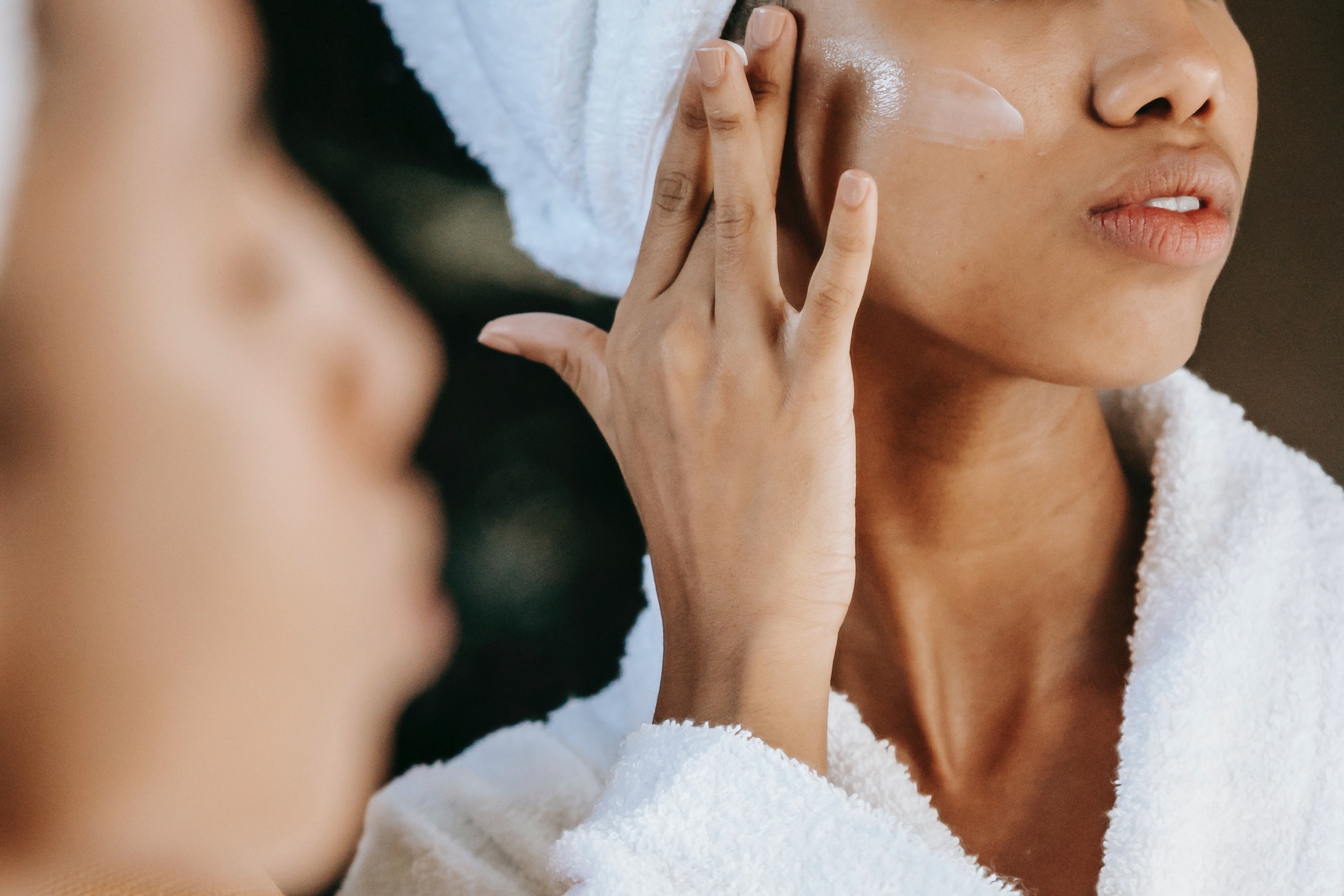
Ashley Keenan: Cannabis Topicals Are Canada’s Billion-Dollar Blind Spot
The Canadian cannabis industry has a billion-dollar blind spot when it comes to topicals. When cannabis 2.0 products rolled out, topicals took a backseat to more buzzworthy products like vape pens and edibles. Over a year later, cannabis infused lotions, bath products, lubes, salves, and gels have yet to live up to their potential as a product category.
Hemp oil has been used for decades as a hydrating emulsion in the beauty industry. Topicals aren’t just hydrating like their hemp oil counterparts, they also contain cannabinoids which have shown anti-aging and anti-inflammatory properties.
Topical products have the potential to be both extremely profitable and an accessible point of entry for new customers. You only need to stroll down the beauty aisle of any store to see how versatile and expansive the skincare industry is. Legal states like Colorado and California have robust topical industries that continue to thrive, yet Canada’s is seemingly dead-on-arrival.
As a veteran of the skincare industry and an avid cannabis advocate it is difficult to watch Canada squander what could be a billion-dollar industry. Excessively strict potency limits and costly barriers to manufacturing and licensing keep the topical market from reaching its potential.
Patients need these products and consumers deserve them—so what is the hold up?
Current Selection of Cannabis Topicals is Not Good Enough
Let’s be clear, the current topical market isn’t a failure. The product rollout may have been painfully slow but it has made considerable strides. What was once one or two items on the Ontario Cannabis Store website is now one to two pages. Despite the barriers, numerous companies have made soaking salts, bath bombs, and a variety of lotions and potions for retail and medical markets.
This is progress, but it’s just not good enough.
There are unreasonable potency limits on cannabis topicals in Canada. I understand that safety is important but I also highly doubt a kid will eat an entire tub of cannabis cream to catch a buzz. The current regulatory framework creates costly barriers to innovation and offers little incentive for producers to develop the kind of product selection we see in the US.
It’s important to remember that adult-use needs can be different than medical needs, and this includes cannabis topicals. The immense potential of this category of products isn’t just within the billion-dollar beauty industry. Topicals are also a delivery method of cannabinoid treatment used to treat pain, inflammation, and facilitate healing.
Could a cannabis product replace items like A-535 or Biofreeze? Perhaps. But it’s so much bigger than that. Cannabis topicals could possibly treat persistent skin conditions like psoriasis, rosacea or cystic acne without drugs. Topicals could also be useful in managing pain and inflammation on-site for burns, post-op scars, and chronic conditions.
While there is an abundance of anecdotal evidence there isn’t enough clinical data on how cannabis works topically. Further development of the legal product offerings would allow for more research on the efficacy of different cannabinoids on the skin.
Use it or lose it
There is a serious risk of missing our shot at leading by example and being a dominant force in the industry. (Some agree we’ve already blown it). We need to carve out Canada’s spot as a leader and innovator in the cannabis topical space. The market isn’t going to wait on any player. Even if we were the first G7 country to legalize cannabis, we won’t be the last.
It isn’t all fire and brimstone. The topicals market did garner two huge wins this year, in my opinion. The female-founded Earth Kisses Sky announced their partnership with Peak Processing to bring their infusions to market. Hopefully this is the first of many legacy brands finding success in the legal infused skincare market.
The second is the release of RHO Phyto Deep Tissue gel, which is available on both medical and retail sites. The product is actually quite nice but what really excites me is the accompanying scientific data. The deep tissue gel has gone through three years of preclinical trials and will be further studied in a clinical setting.
Cannabis topical products will be a multi-billion-dollar industry, regardless of whether or not Canada gets it together in time. Use it or lose it—the opportunity, the head start, and the opportunity at being the front runner.

